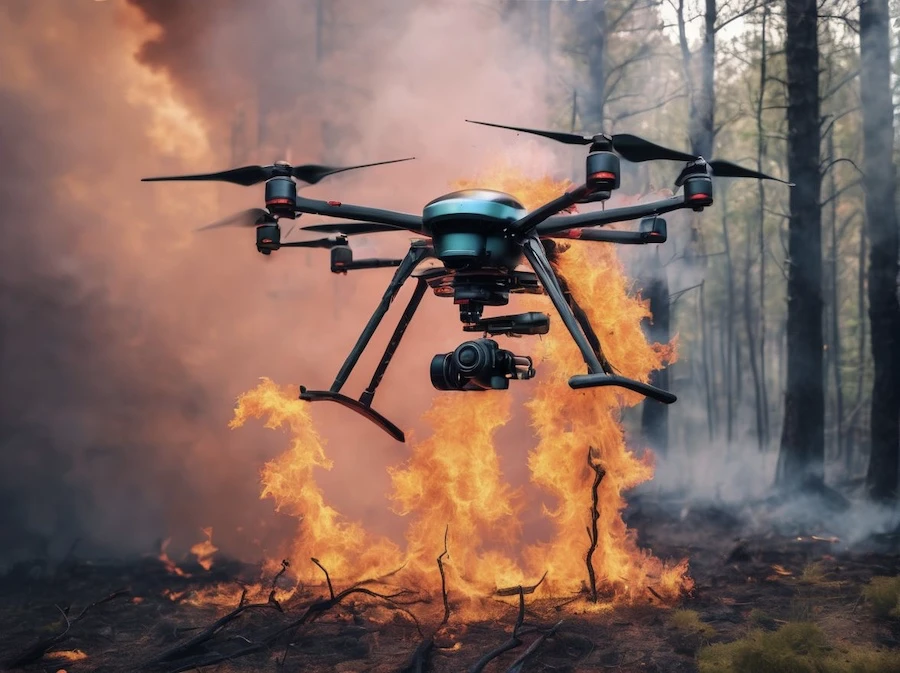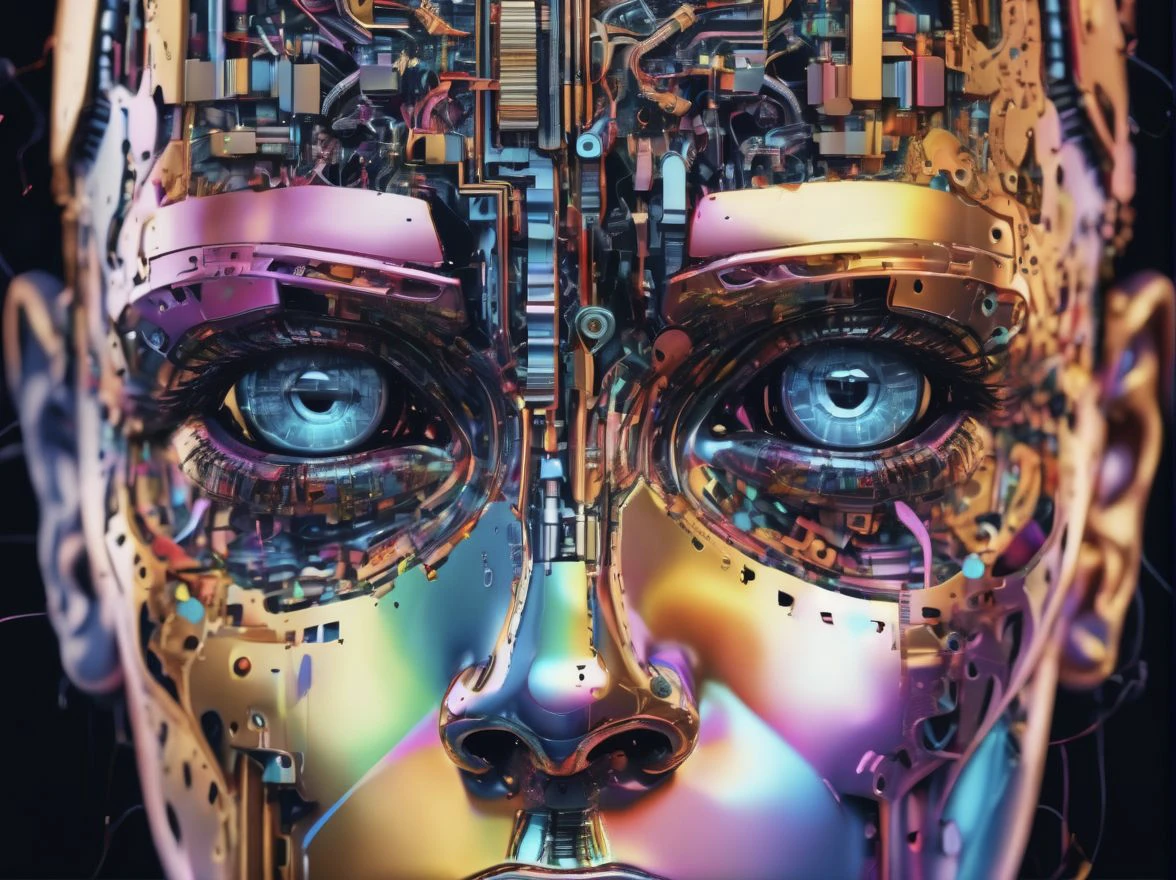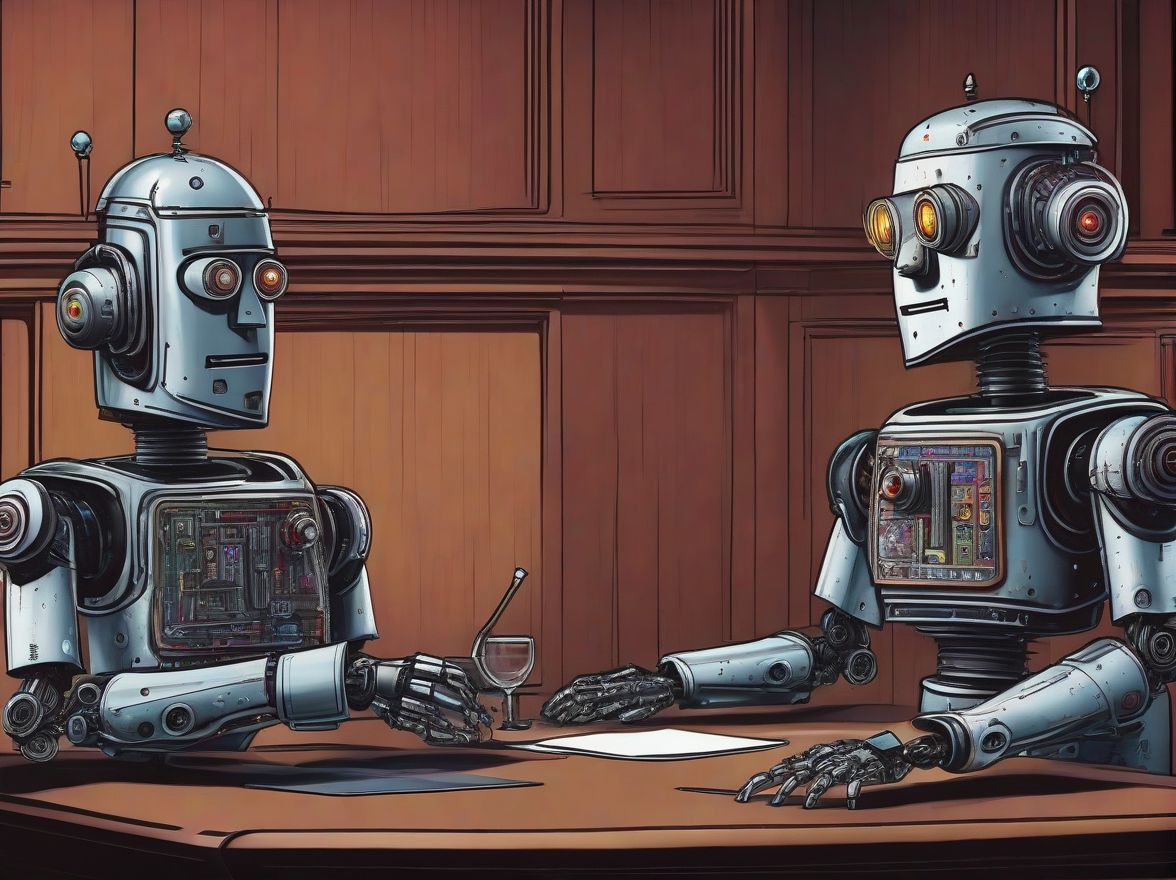November 6, 2023- 3RD OF 3
AI On the Rise: 5 Jobs Most Exposed to Automation and Transformation
The advent of Artificial Intelligence (AI) has brought about a seismic shift in the way we work. While AI has the potential to enhance productivity and open up new opportunities, it also raises concerns about the impact on jobs. Experts predict that certain professions are more exposed to AI and automation than others. In this article, we'll explore five jobs that experts believe are most susceptible to AI disruption and examine the ways in which they could be affected.
Mathematicians and Tax Preparers:
Mathematicians and tax preparers are among the professionals facing high exposure to AI technologies. AI, particularly systems like GPTs (Generative Pre-trained Transformers), can significantly reduce the time required for tasks such as data analysis and report generation. While AI can't fully automate these roles, it can provide invaluable assistance and streamline processes.
Writers and Authors:
Writers and authors may find their roles transformed by AI's ability to generate written content. AI-driven systems are capable of producing articles, reports, and even creative writing. While human expertise, creativity, and storytelling abilities remain irreplaceable, AI can assist in content creation and generate ideas, potentially changing the dynamics of the industry.
g-ad
Legal Jobs:
The legal profession is experiencing a shift due to AI's capabilities in document review, contract analysis, and legal research. AI systems, including GPT-4, have demonstrated competence in passing legal examinations. While lawyers will still play a pivotal role in complex legal matters, AI can augment their work, improve efficiency, and handle routine tasks.
Customer Service:
AI-powered chatbots and virtual agents have the potential to revolutionize customer service. They can provide personalized responses to customer inquiries, reducing the reliance on human customer service representatives. While AI isn't set to replace entire contact centers, it can significantly reduce the workload and enhance customer experiences.
g-ad
Finance and Banking:
AI is becoming increasingly integral to finance and banking. It's used for transaction monitoring, financial advice, and database organization. Financial institutions like Morgan Stanley employ AI-powered chatbots for various tasks. The financial services industry anticipates AI's growing importance, but it's likely to complement human expertise rather than replace it.
Impact on White-Collar Jobs:
Contrary to popular belief, AI's impact is not limited to manual labor jobs. According to the Brookings Institution's analysis, white-collar jobs in engineering, science, computer technology, and business are highly exposed to AI disruption. Even within the tech-heavy agriculture industry, there's a significant median exposure to AI, emphasizing the widespread influence of AI across various sectors.
It's important to note that the "exposure" to AI doesn't necessarily equate to job displacement. Instead, AI is poised to create new roles and augment existing ones, requiring workers to adapt and acquire new skills. As AI continues to evolve, its influence on the job market will undoubtedly be profound and widespread, affecting nearly every occupational group. The key to thriving in this AI-driven era lies in embracing change, acquiring relevant skills, and harnessing the power of AI as a tool to enhance our work and productivity.
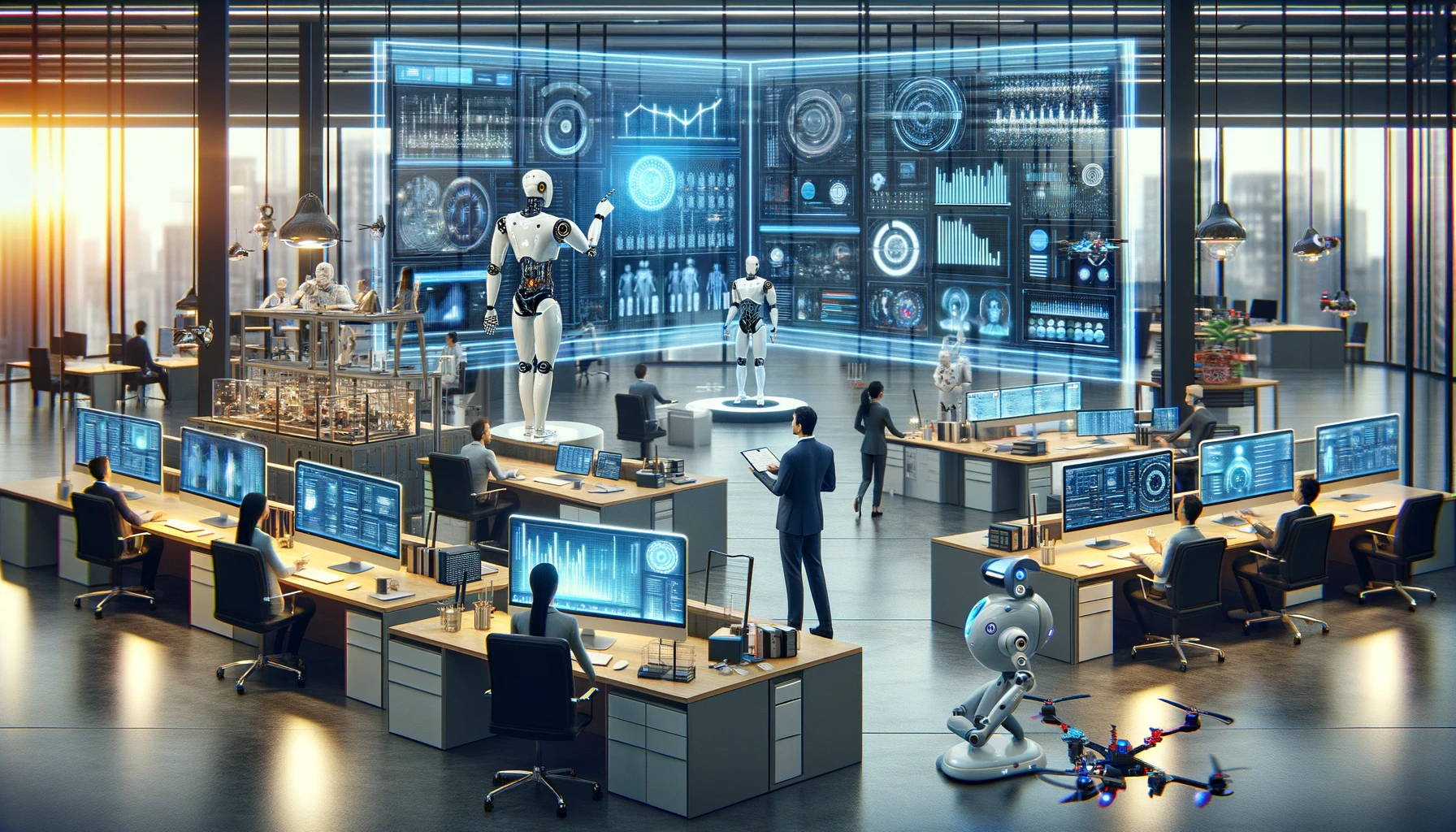










































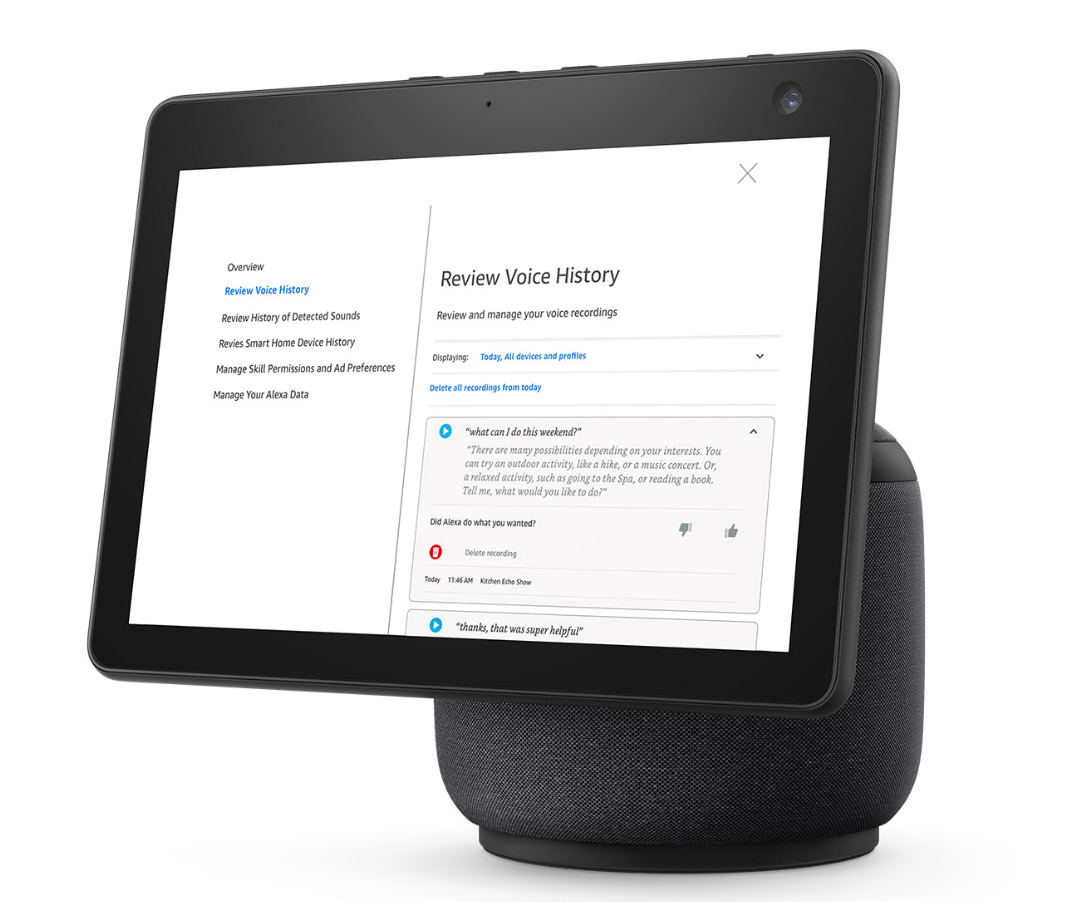


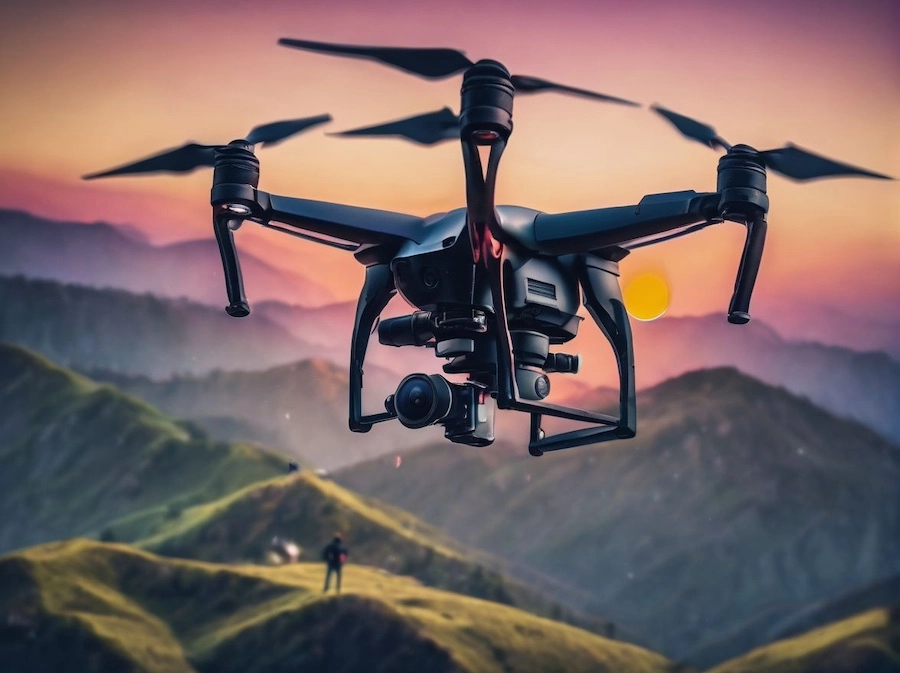
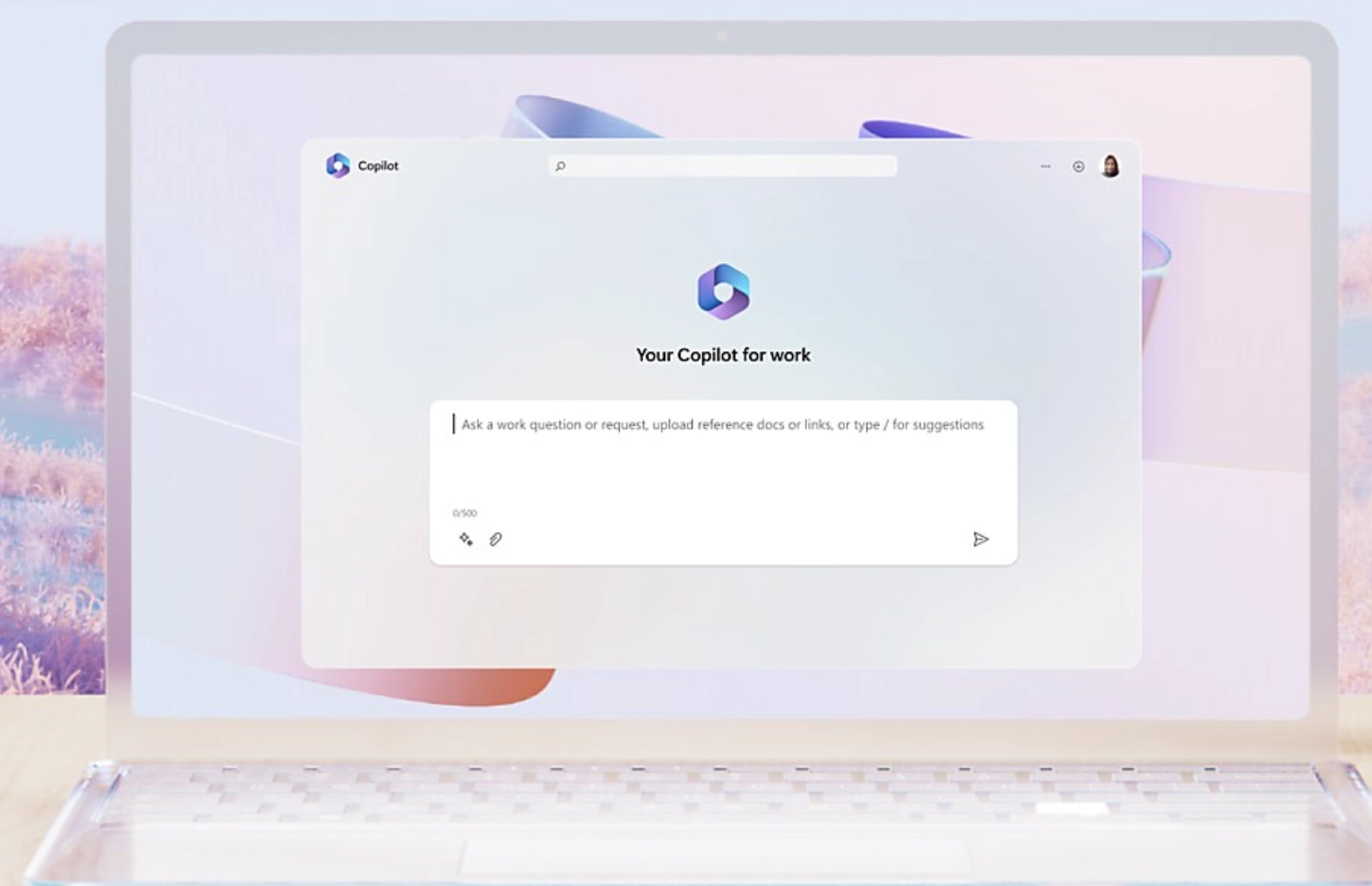

.webp)
.webp)

